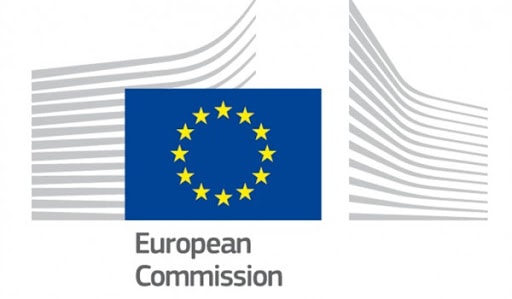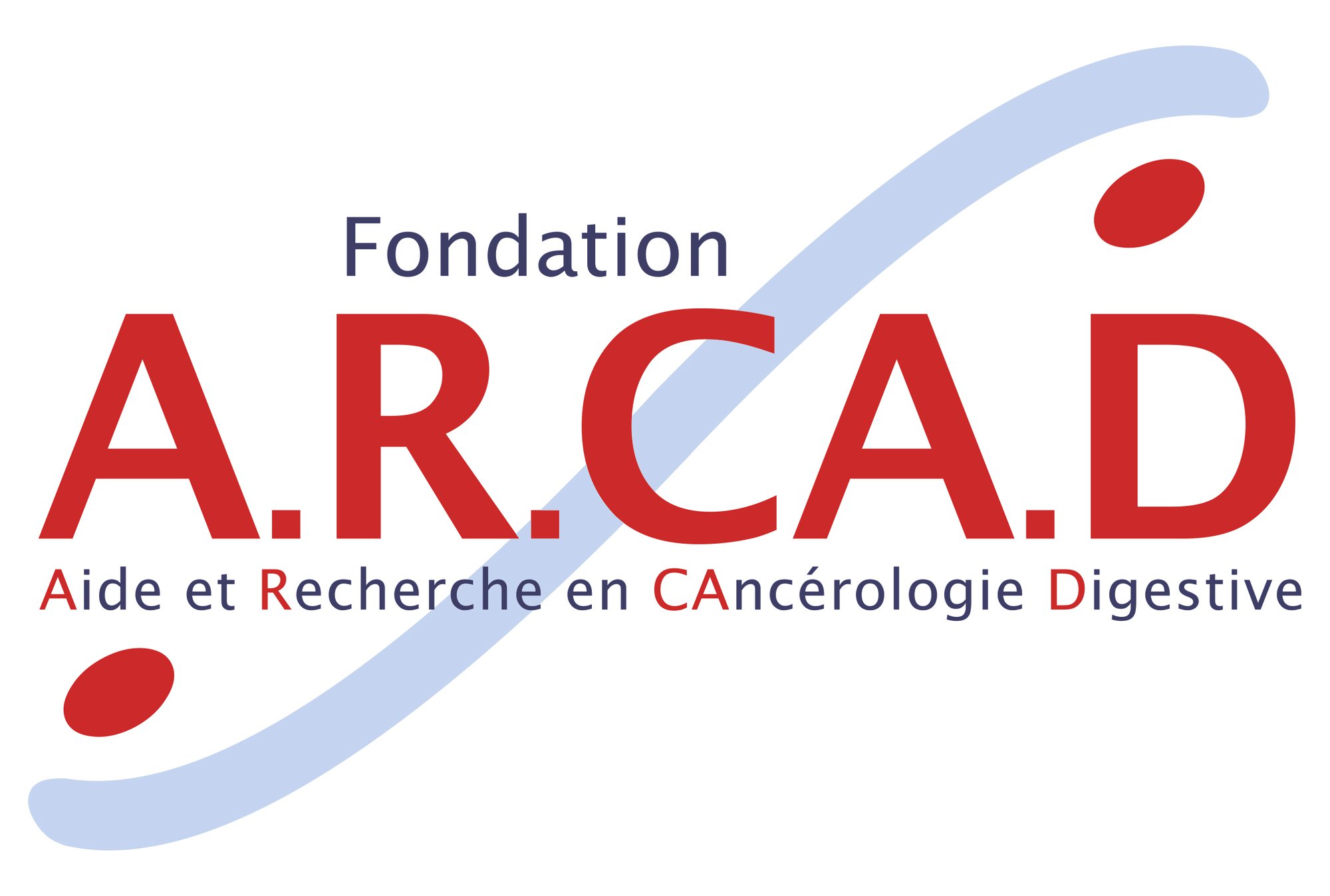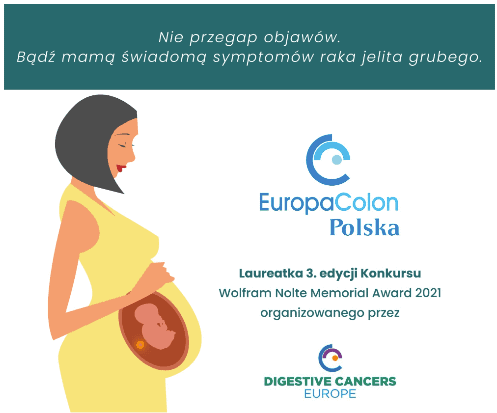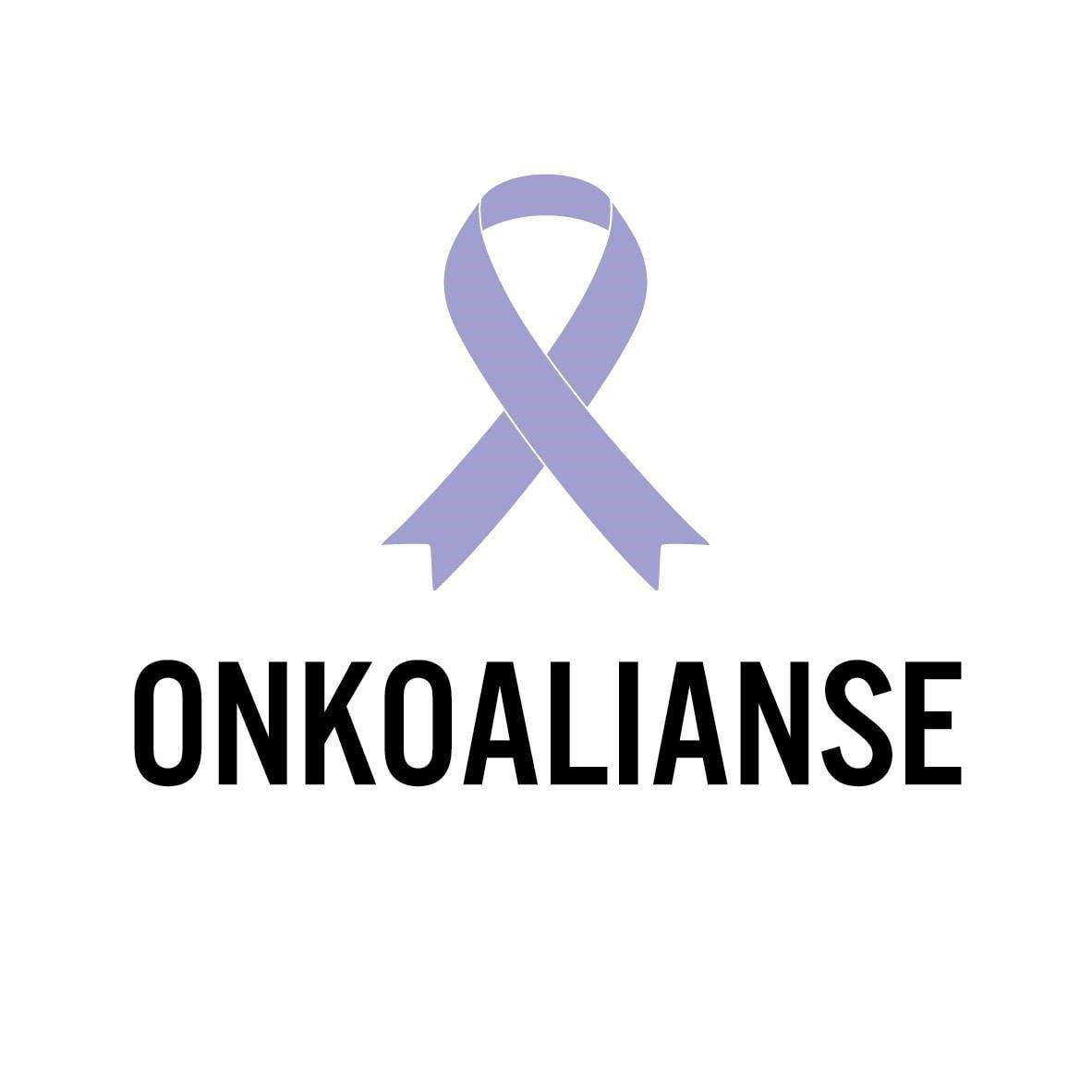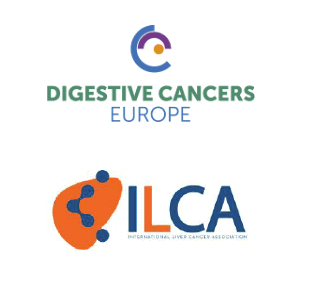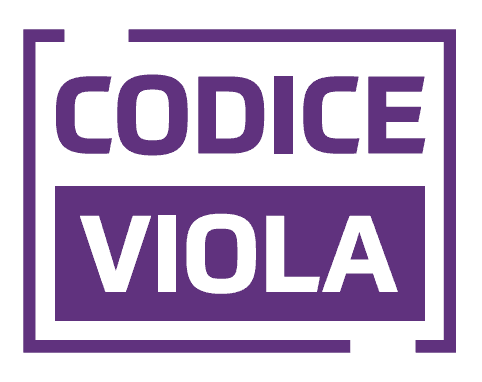@catie
Active 1 year, 10 months agoCatie Young wrote a new post 2 years ago
The Use of Circulating Tumor DNA Assays – Clinical Recommendations from ESMO for Patients with Cancer
Over the past decade liquid biopsies have emerged as a powerful tool to assess new biomarkers for p […]

Catie Young wrote a new post 2 years ago
This autumn, the European institutions will be discussing how our health data should be processed, stored and shared as a part of the European Health Data Space (EHDS). Along with other European health […]

Catie Young wrote a new post 2 years ago
In June the European Commission has produced a guiding document “Healthier Together: EU Non-Communicable Diseases (NCDs) Initiative”. The initiative was launched in December 2021 and is being run from 202 […]

Catie Young wrote a new post 2 years ago
HTx is a European Commission funded Horizon 2020 project launched in 2019 aiming to create a framework for the Next Generation Health Technology Assessment (HTA) to […]
Catie Young wrote a new post 2 years ago
An international consortium of researchers conducted a trial to assess whether a ctDNA-guided approach could reduce the use of adjuvant chemotherapy in a patient with stage II colon cancer without compromising […]

Catie Young wrote a new post 2 years ago
Scientists at the Institute of research in Barcelona (Spain) identified a cell population responsible for the recurrence of colon cancer after chemotherapy. The researchers have discovered the mechanism through […]

Catie Young wrote a new post 2 years ago
Following a series of regional round-tables to gain better understanding of the departmental and regional differences of treating pancreatic patients in France, our Member A.R.CA.D has launched a call for […]

Catie Young wrote a new post 2 years, 1 month ago
DiCE Member EuropaColon Polska was, for the second time, the recipient of the DiCE Wolfram Nolte Memorial Award in 2021. Their winning project was a campaign that, […]
Catie Young wrote a new post 2 years, 1 month ago
June 20 brought the kick off meeting of the working group of the European Commission Initiative on Colorectal Cancers (ECICC). DiCE CEO, Zorana Maravic was proud to take her seat at the table among European and […]

Catie Young wrote a new post 2 years, 1 month ago
We are happy to share with our Members an update of the AstraZeneca campaign ‘New Normal, Same Cancer’. The campaign, developed during the pandemic to encourage peo […]
Catie Young wrote a new post 2 years, 1 month ago
DiCE acknowledges the importance for patients and patient advocacy groups to better understand the opportunities and challenges associated with sharing health data […]
Catie Young wrote a new post 2 years, 1 month ago
Pioneer work conducted at the Memorial Sloan Kettering Cancer Centre in New York, NY, US showed that treatment with the neoadjuvant single-agent, PD1 inhibitor […]
Catie Young wrote a new post 2 years, 1 month ago
Last year, the European Commission adopted the EU4Health programme. With it the EU has promised to dedicate 5,3 billion EUR in investment towards healthcare between 2021 and 2027. They ran their targeted […]

Catie Young wrote a new post 2 years, 1 month ago
Zav Menia, a DiCE Associate Member from Israel, is a non-profit organization working to support patients, survivors and their families who are touched by colorectal cancer (CRC). The organization is pleased to […]

Catie Young wrote a new post 2 years, 2 months ago
Together with 34 European partners, DiCE participated in the preparation of the FOLIO (Sustainable FramewOrk for systematic quality of LIfe measurement and assessment for cancer patients and survivOrs) project […]

Catie Young wrote a new post 2 years, 2 months ago
On June 30 at the DiCE General Assembly, Member Organisations will be asked to vote for their new Board Members. These are people Members would like to have represent them in making strategic decisions for DiCE. […]

Catie Young wrote a new post 2 years, 2 months ago
Digestive Cancers Europe is so pleased to welcome another group of motivated and charming people to its fold – the team from OnkoAlianse! We would like to offer them a hearty reception – and allow them to […]

Catie Young wrote a new post 2 years, 3 months ago
Digestive Cancers Europe (DiCE) and the International Liver Cancer Association (ILCA) Start Official Partnership
DiCE and ILCA are both very pleased to report the signing of a Memorandum of Understanding between […]

Catie Young wrote a new post 2 years, 3 months ago
Promising and heartening news for people undergoing treatment for pancreatic cancer in the Lombardy Region of Italy – our new Italian Member Codice Viola has successfully campaigned and added their expertise […]

Catie Young wrote a new post 2 years, 3 months ago
Researchers have found a molecular signature of 27 microorganisms in stool samples that could predict whether patients are at high risk of pancreatic ductal adenocarcinoma (PDAC), the most common pancreatic […]

- Load More



